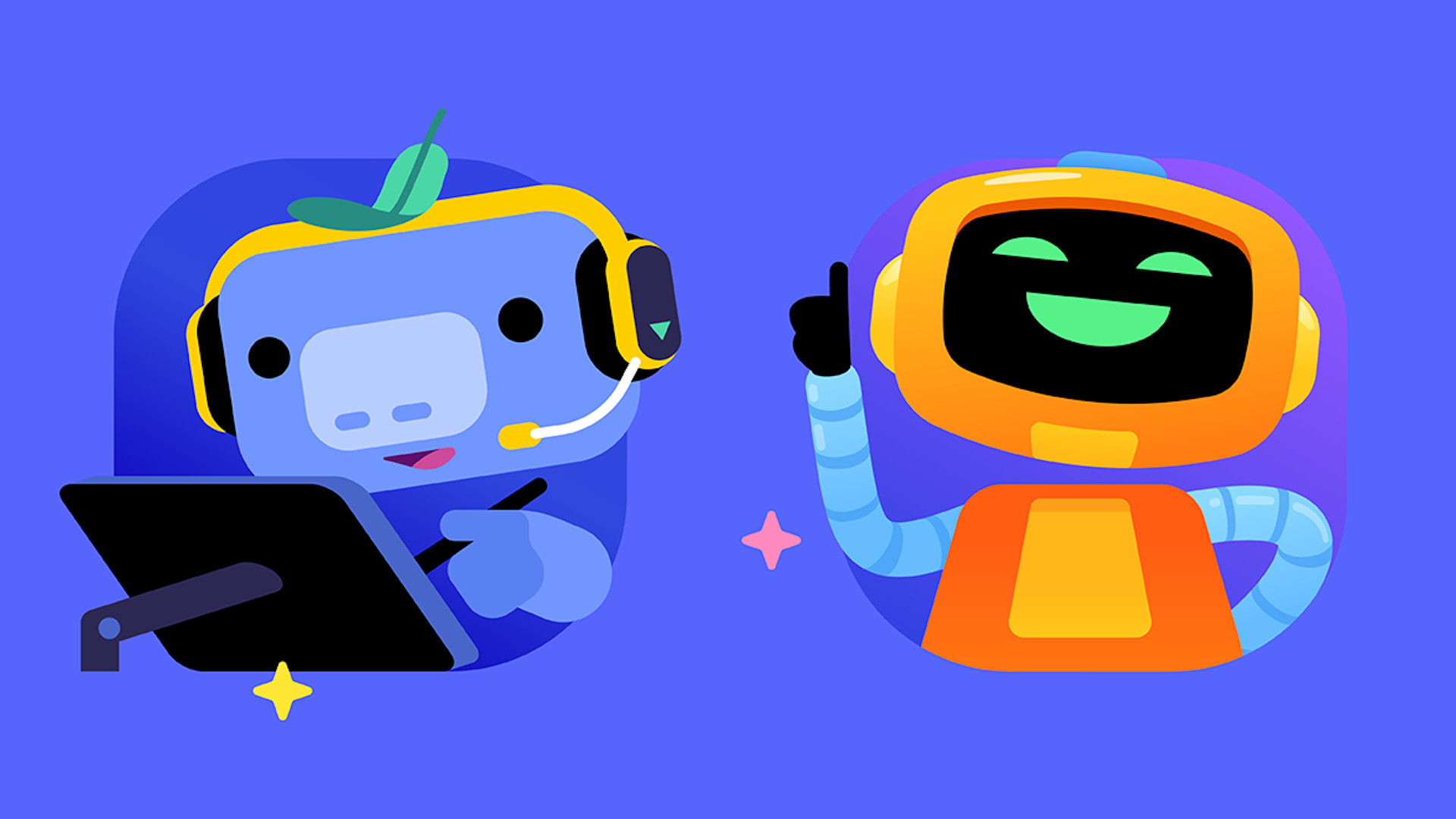
Discord's experimental new Clips feature, which has been rolling out since last year, lets users who are streaming in a voice channel capture up to two-minute-long clips of their streams. It's a nice little feature addition that has accidentally become mildly controversial.
The fear is privacy. On social media, some posters have sounded the alarm over Clips' ability to record the voices of the other users in a channel aside from the streamer, urging their followers to opt out in Discord's settings—there's a toggle which omits your voice from Clips. Multiple Facebook posts I've seen declare that Discord now records your voice without your knowledge, and one said they couldn't think of any legitimate use for the feature.
Actually, Discord clearly notifies the users in a voice channel as soon as someone with Clips enabled starts streaming. An argument can be made that it'd be better if we opted in to our voices being included in Clips rather than out, but it's hardly the shocking breach of privacy certain tweets and Facebook chain posts are making it out to be.
We'd actually have more privacy if all our friends agreed to exclusively use Discord's Clips feature instead of other screen capture software. There is no notification if someone in a voice channel starts recording their desktop audio with Nvidia Shadowplay or OBS, and no way to opt out like you can with Clips (except by not talking, which is always an option). If you've used Discord long enough and with a big enough group, you may have already had the experience of discovering that someone's been livestreaming your whole conversation without you realizing it.
The same thing can happen on Ventrilo, TeamSpeak, or the telephone, if anyone uses phones anymore. The privacy anxiety fueling this concern over Discord's new feature is real—the internet's an uncomfortable place—but Discord hasn't sneaked something malicious in here. It bears mentioning that if you use the built-in voice chat in certain games, such as Overwatch 2, what you say is being recorded for moderation purposes, whereas Discord says it does not record and archive voice chats.
If you don't want whatever weird thing you happened to be saying when your friend pulled off a sick move to be heard in their Discord highlight reel, the option to have your voice omitted from Clips is at the bottom of the Clips tab in the Discord user settings.
I'd only caution us all not to develop a false sense of security, because even if we opt out of Clips, our voices can still be captured by all the traditional clip-saving methods (Alt+Z on any Nvidia-powered PC), or streamed by that one friend who's been hiding their aspirations to become a Twitch star.







